Few things can ruin international travel like getting sick. Discover these key suggestions.
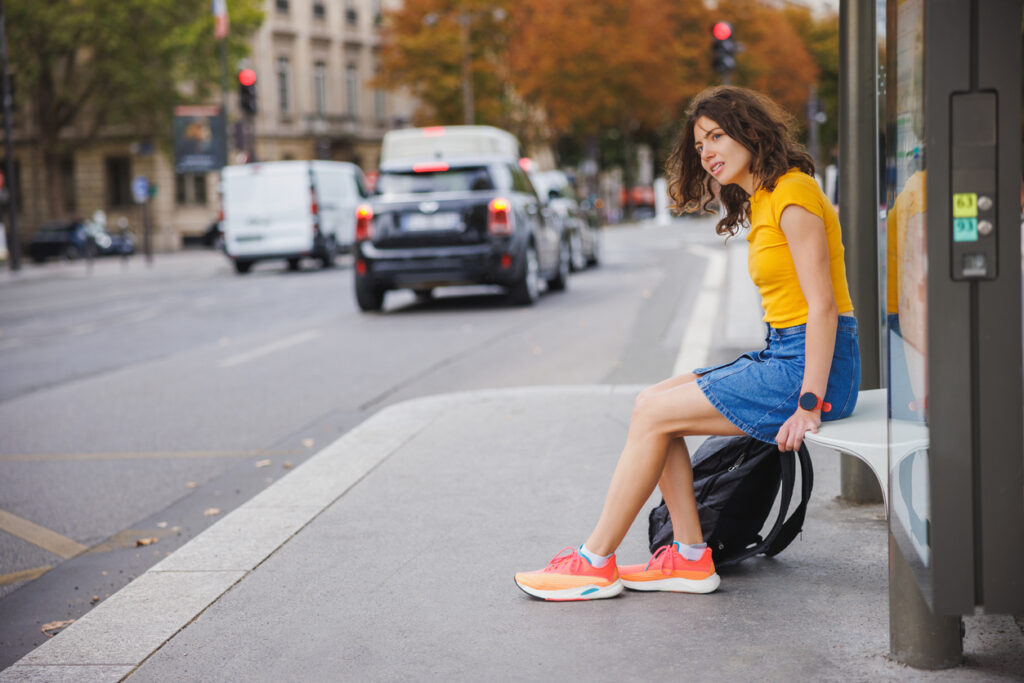
Worried about getting sick while exploring a new destination? Traveler’s diarrhea is a common issue that can ruin your trip. Fortunately, a few simple precautions can keep you healthy and on the go.
Here are seven easy tips to avoid international traveler’s diarrhea, so you can enjoy your travels without interruption.
1. Drink Bottled or Purified Water
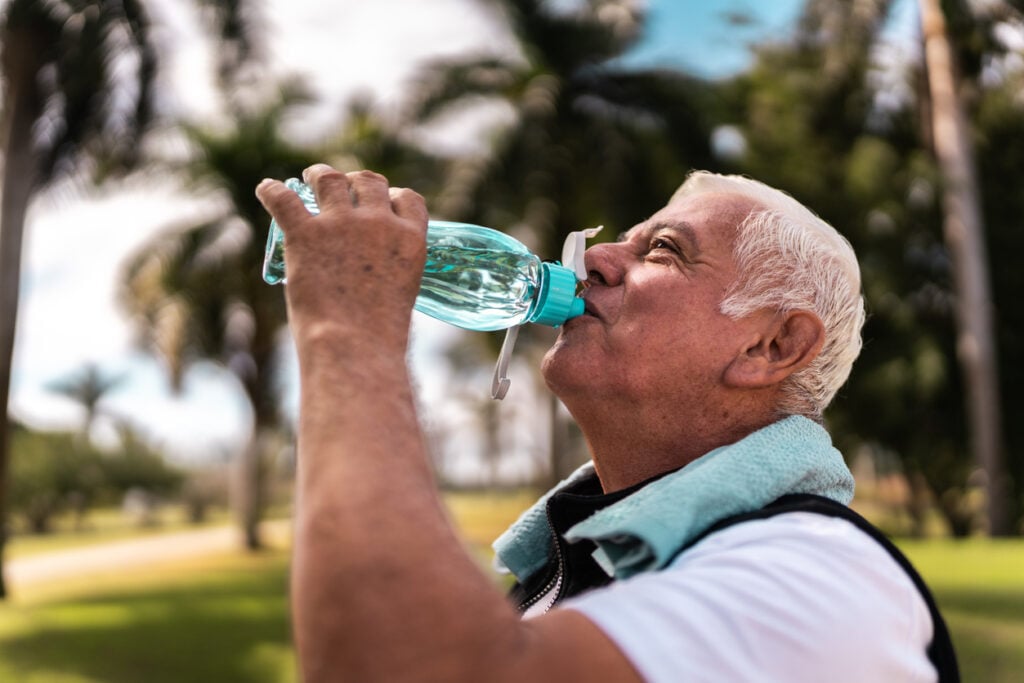
One of the easiest ways to avoid traveler’s diarrhea is to drink only bottled or purified water. In many countries, tap water may carry harmful bacteria that your body isn’t used to. Always check that the bottled water is sealed before drinking it. Alternatively, bring a portable water filter or purification tablets to ensure clean drinking water. Even when brushing your teeth, use bottled water, and avoid ice cubes in drinks, as they may be made from contaminated water.
2. Avoid Raw or Unwashed Produce
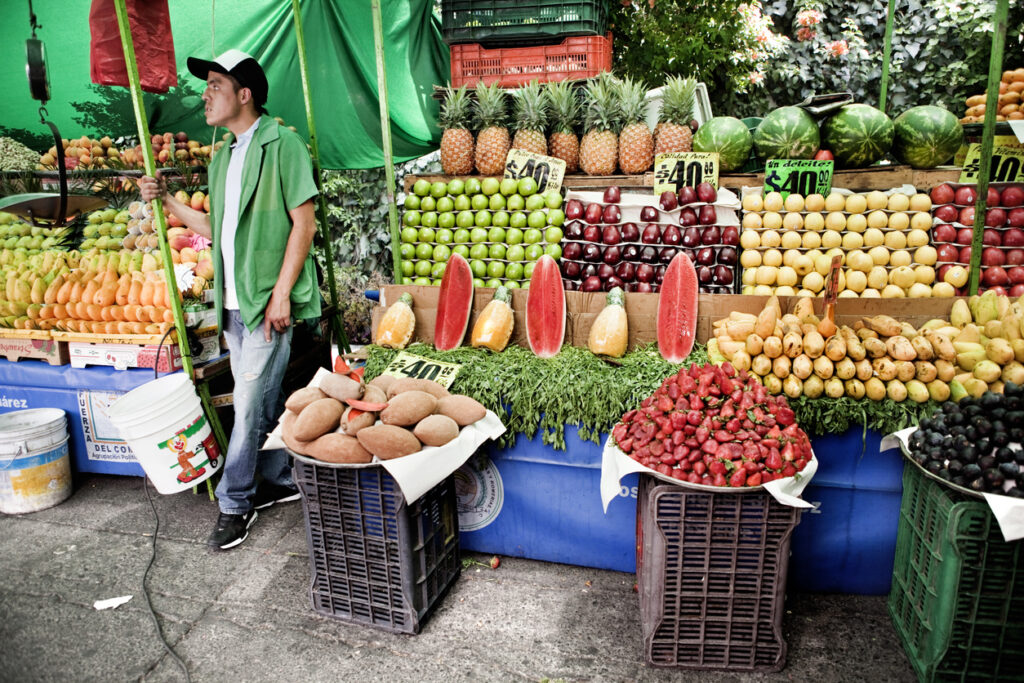
Raw fruits and vegetables, especially those that haven’t been washed thoroughly, can harbor bacteria and lead to traveler’s diarrhea. Opt for cooked vegetables or peelable fruits like bananas and oranges to reduce the risk. If you’re buying produce from local markets, wash it with bottled or purified water. Salads, though tempting, may have been prepared with untreated water, so it’s best to avoid them unless you’re confident in their preparation.
3. Eat Hot, Fully Cooked Meals
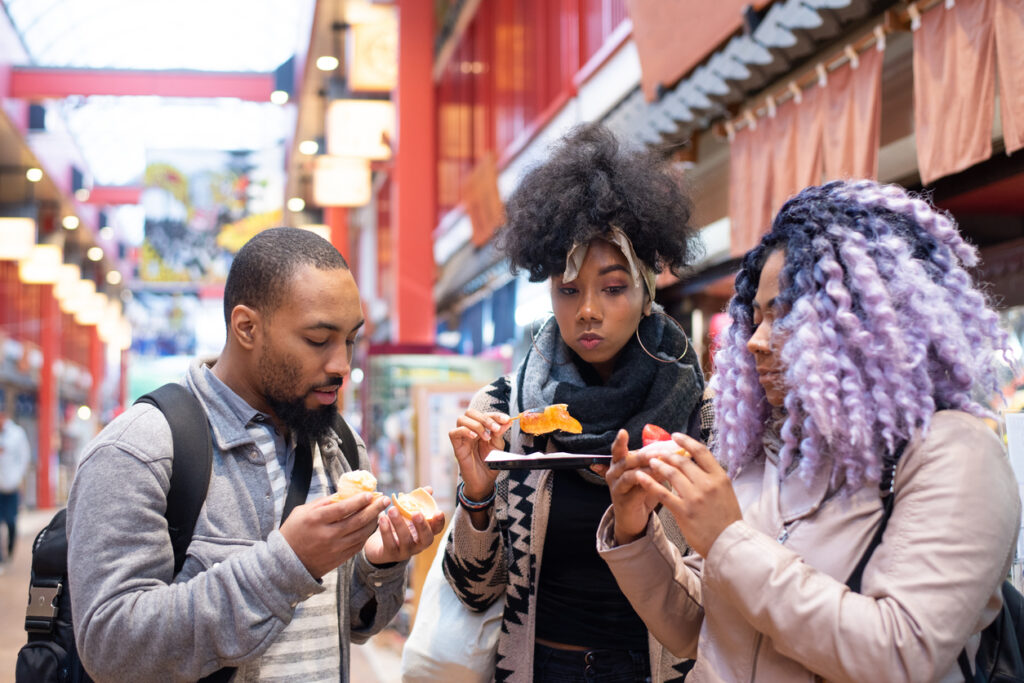
Hot, thoroughly cooked meals are less likely to contain harmful bacteria compared to raw or undercooked foods. Make sure that meat, poultry, and seafood are cooked through and served hot. Street food can be a delightful part of the travel experience, but always choose vendors who cook food to order and serve it piping hot. Avoid food that has been sitting out for extended periods or looks like it hasn’t been stored properly.
4. Practice Good Hand Hygiene

Good hand hygiene is one of the most effective ways to prevent illness while traveling. Always wash your hands with soap and clean water before eating or after using the restroom. When soap and water aren’t available, use an alcohol-based hand sanitizer with at least 60% alcohol content. Carry travel-size hand sanitizer with you at all times, especially when navigating places where hygiene practices may not be as rigorous.
5. Be Cautious with Dairy Products

Dairy products in some countries may not be pasteurized, increasing the risk of bacteria exposure. Stick to processed or packaged dairy products, and avoid consuming raw milk or fresh cheese unless you’re sure they’ve been made with pasteurized milk. Ice cream and other cold dairy treats can be risky, especially from street vendors, as they may have been exposed to heat or improperly stored, leading to contamination.
6. Take Probiotics to Boost Gut Health

Probiotics, found in supplements or certain foods like yogurt, can help strengthen your digestive system and fend off harmful bacteria. Start taking probiotics a few days before your trip to build up healthy gut flora and continue throughout your travels. This can provide extra defense against digestive issues and traveler’s diarrhea. While probiotics aren’t foolproof, they’re a great addition to your prevention strategy when traveling to higher-risk areas.
7. Avoid Foods from Questionable Sources
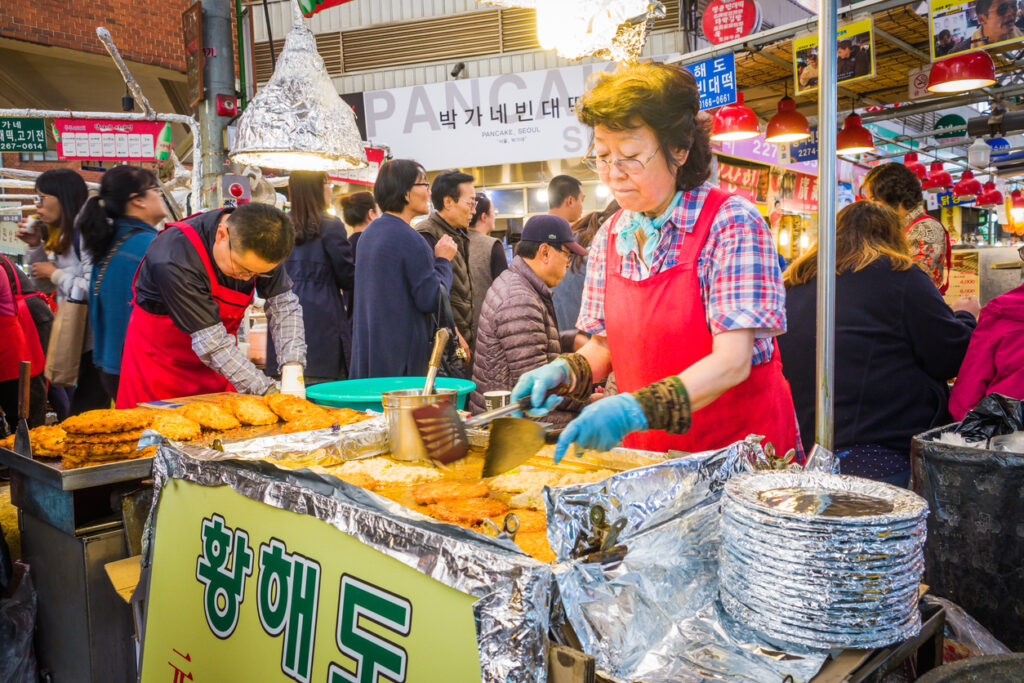
It’s important to be selective about where and what you eat while traveling. Avoid food from sources that don’t seem clean or reputable, such as street vendors in unsanitary conditions or restaurants that don’t practice proper food handling. If you’re unsure, look for places that are busy with locals, as they’re more likely to serve safe, fresh food. Trust your instincts—if something looks or smells off, it’s better to skip it.
